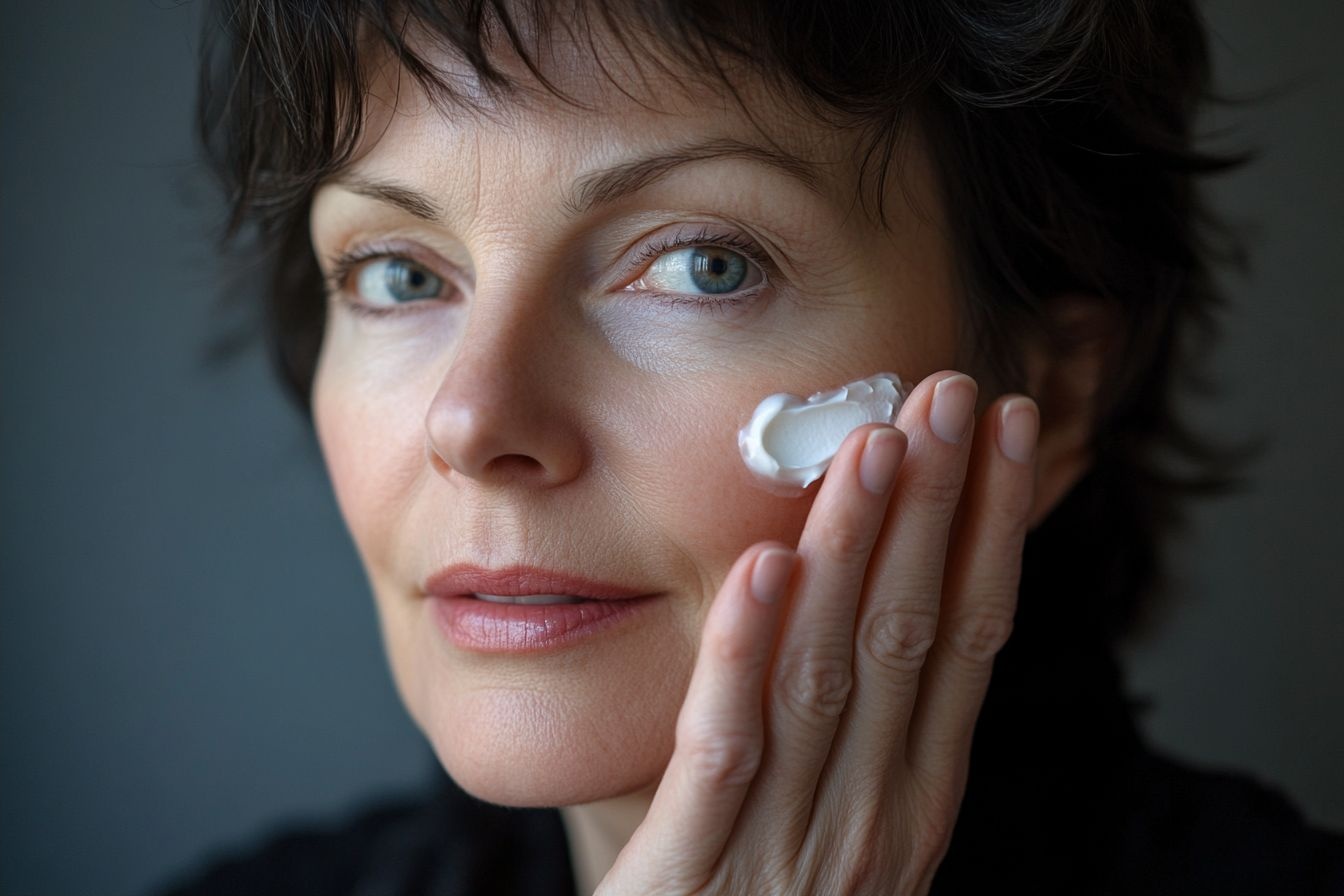Insights into Anti-Aging Skincare and Wellness for Seniors in Canada in 2025
Seniors in Canada interested in addressing wrinkles and skin firmness changes in 2025 have access to a range of anti-aging creams and skincare strategies, including advanced formulations with peptides, antioxidants, and hyaluronic acid, as well as professional treatments like laser therapy and microdermabrasion to enhance skin texture and vitality.

What are the notable anti-aging creams and ingredients for seniors in 2025?
The anti-aging skincare market in 2025 is expected to offer a range of innovative products tailored specifically for senior skin. Key ingredients gaining prominence include:
-
Advanced peptides: These amino acid chains help stimulate collagen production, reducing the appearance of fine lines and wrinkles.
-
Niacinamide: This form of vitamin B3 is known for its ability to improve skin elasticity and reduce hyperpigmentation.
-
Bakuchiol: A natural alternative to retinol, bakuchiol provides similar anti-aging benefits without the potential irritation.
-
Hyaluronic acid: This powerful humectant continues to be a staple in anti-aging formulations, helping to hydrate and plump the skin.
-
Antioxidant complexes: Blends of vitamins C and E, along with other antioxidants, protect the skin from environmental damage and promote a more youthful appearance.
When selecting anti-aging creams, seniors should look for products that address their specific skin concerns while being gentle enough for daily use.
What are some practical skincare tips for seniors focused on skin health?
Maintaining healthy skin in later years requires a multi-faceted approach:
-
Gentle cleansing: Use a mild, pH-balanced cleanser to avoid stripping the skin of its natural oils.
-
Regular moisturizing: Apply a rich, fragrance-free moisturizer daily to combat dryness and maintain skin barrier function.
-
Sun protection: Wear a broad-spectrum sunscreen with at least SPF 30 every day, even on cloudy days.
-
Hydration: Drink plenty of water throughout the day to support skin hydration from within.
-
Nutrition: Consume a balanced diet rich in antioxidants, omega-3 fatty acids, and vitamins to nourish the skin.
-
Lifestyle habits: Get adequate sleep, manage stress, and avoid smoking to promote overall skin health.
By incorporating these practices into their daily routine, seniors can help maintain healthier, more resilient skin as they age.
How does skin change with age, and what should seniors understand?
As we age, our skin undergoes several significant changes:
-
Decreased collagen and elastin production: This leads to reduced skin elasticity and the formation of wrinkles.
-
Thinning of the epidermis: The outer layer of skin becomes more fragile and prone to damage.
-
Reduced oil production: This can result in drier, itchier skin that’s more susceptible to irritation.
-
Slower cell turnover: The skin’s natural exfoliation process slows down, leading to a duller complexion.
-
Changes in pigmentation: Age spots and uneven skin tone become more common.
-
Reduced blood flow: This can result in a paler appearance and slower wound healing.
Understanding these changes can help seniors choose appropriate skincare products and adapt their routines to address specific concerns associated with aging skin.
What are the safety and regulatory considerations for anti-aging products in Canada?
In Canada, anti-aging skincare products are regulated by Health Canada under the Food and Drugs Act and Cosmetic Regulations. Key considerations include:
-
Product classification: Depending on their claims and ingredients, anti-aging products may be classified as cosmetics or drugs, each with different regulatory requirements.
-
Ingredient safety: Health Canada maintains a Cosmetic Ingredient Hotlist, which outlines prohibited and restricted ingredients in cosmetic products.
-
Labeling requirements: Products must be properly labeled with ingredient lists, directions for use, and any necessary warnings.
-
Claims substantiation: Any claims made about a product’s effects must be supported by scientific evidence.
-
Adverse event reporting: Manufacturers are required to report any serious adverse reactions to Health Canada.
Seniors should look for products that comply with Canadian regulations and consult with healthcare professionals if they have concerns about specific ingredients or potential interactions with medications.
Summary
As we look towards 2025, the field of anti-aging skincare for seniors in Canada continues to advance, offering innovative products and ingredients tailored to aging skin. By understanding the changes that occur with age and adopting practical skincare habits, seniors can maintain healthier, more vibrant skin. It’s crucial to choose products that align with individual needs and comply with Canadian safety regulations. Remember that a holistic approach, combining proper skincare with a healthy lifestyle, nutrition, and sun protection, is key to achieving optimal skin health and overall wellness in the senior years.
This article is for informational purposes only and should not be considered medical advice. Please consult a qualified healthcare professional for personalized guidance and treatment.




